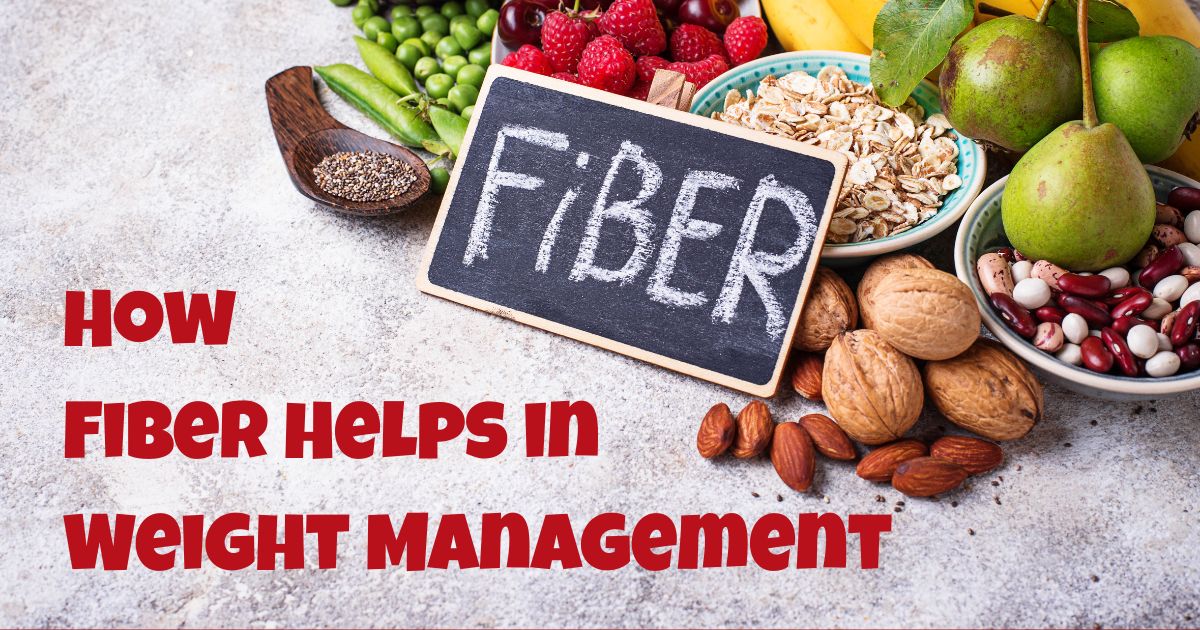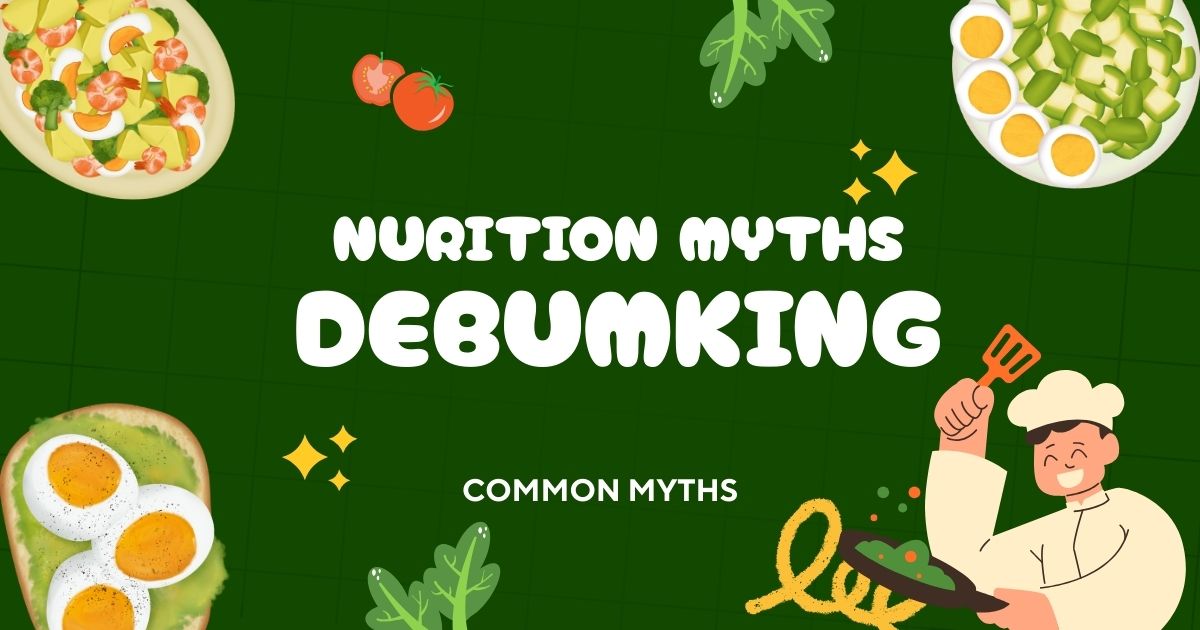In today’s fast-paced world, fatigue and low energy have become common complaints. While lifestyle factors such as stress, poor sleep, and lack of exercise play a major role, nutrition is often the missing piece of the puzzle. Your body needs a steady supply of essential vitamins and minerals to produce energy at the cellular level, keep your immune system strong, and maintain overall vitality.
This article explores the key vitamins and minerals that boost energy, their food sources, and how to incorporate them into your daily routine for optimal health.
Why Nutrition Matters for Energy
Energy isn’t just about willpower—it’s about biology. The food you eat is converted into fuel by complex metabolic processes, and vitamins and minerals act as the spark plugs that drive these processes. Without adequate nutrients, your body struggles to produce energy efficiently, leading to fatigue, brain fog, and reduced vitality.
A balanced diet rich in whole foods ensures your cells have what they need to function, repair, and thrive. But modern diets high in processed foods often lack these vital nutrients, leaving many people feeling drained.
Essential Vitamins for Energy and Vitality
1. B Vitamins: The Energy Powerhouse
B vitamins are central to energy production. They help convert carbohydrates, fats, and proteins into usable energy.
-
Vitamin B1 (Thiamine): Supports glucose metabolism and nerve function.
-
Vitamin B2 (Riboflavin): Helps produce ATP, the body’s energy currency.
-
Vitamin B3 (Niacin): Assists in DNA repair and energy transfer.
-
Vitamin B5 (Pantothenic Acid): Crucial for synthesizing coenzyme A, vital for metabolism.
-
Vitamin B6 (Pyridoxine): Involved in neurotransmitter production, influencing mood and focus.
-
Vitamin B12: Essential for red blood cell production and nervous system health.
Food sources: Whole grains, leafy greens, eggs, dairy, meat, fish, legumes, and fortified cereals.
2. Vitamin D: The Sunshine Vitamin
Vitamin D doesn’t directly create energy, but it supports overall vitality by regulating mood, immune health, and muscle strength. Low vitamin D levels are linked to fatigue, weakness, and a higher risk of illness.
Food sources: Fatty fish (salmon, mackerel), fortified milk, eggs, and sun exposure.
3. Vitamin C: For Immunity and Energy Boost
Vitamin C is an antioxidant that reduces oxidative stress and supports adrenal gland function, which influences energy levels and stress response. It also helps absorb iron, a key mineral for preventing fatigue.
Food sources: Citrus fruits, strawberries, bell peppers, broccoli, and kiwi.
4. Vitamin E: Cellular Protection
Vitamin E protects cells from oxidative stress, ensuring mitochondria—the cell’s energy factories—work efficiently.
Food sources: Nuts, seeds, spinach, and vegetable oils.
Essential Minerals for Energy and Vitality1. Iron: Oxygen Transporter
Iron is critical for hemoglobin, which carries oxygen to every cell in the body. Low iron levels lead to anemia, causing fatigue, weakness, and reduced mental focus.
Food sources: Red meat, poultry, lentils, spinach, fortified cereals, and beans.
2. Magnesium: The Relaxation Mineral
Magnesium supports more than 300 enzymatic reactions, many of which are involved in energy production. It also helps regulate muscle and nerve function, reducing fatigue and cramps.
Food sources: Nuts, seeds, leafy greens, whole grains, and dark chocolate.
3. Zinc: Immunity and Recovery
Zinc helps with enzyme activity, immune defense, and cell repair. A deficiency can lead to fatigue, poor concentration, and frequent illness.
Food sources: Meat, shellfish, legumes, seeds, and dairy products.
4. Calcium: Strength and Energy Balance
Beyond bone health, calcium plays a role in muscle contraction and nerve signaling, both of which influence energy and vitality.
Food sources: Dairy, fortified plant-based milk, almonds, and leafy greens.
5. Potassium: Electrolyte Balance
Potassium regulates fluid balance, nerve function, and muscle contractions. Low potassium can cause weakness, fatigue, and even irregular heartbeats.
Food sources: Bananas, oranges, potatoes, spinach, and beans.
How to Ensure Adequate Vitamin and Mineral Intake
-
Eat a varied diet: Focus on whole foods like fruits, vegetables, lean proteins, whole grains, nuts, and seeds.
-
Limit processed foods: These often lack nutrients while adding empty calories.
-
Consider supplements wisely: While whole foods should be the primary source, supplements may help if deficiencies exist. Consult a healthcare provider before starting any supplement.
-
Stay hydrated: Water helps transport nutrients and supports energy production.
-
Balance your meals: Combine complex carbs, healthy fats, and proteins to sustain energy throughout the day.
Lifestyle Habits That Support Energy
While nutrition is critical, pairing it with healthy lifestyle habits maximizes vitality:
-
Prioritize sleep: Aim for 7–9 hours of quality sleep.
-
Exercise regularly: Physical activity improves circulation, oxygen delivery, and energy levels.
-
Manage stress: Chronic stress depletes essential vitamins and minerals.
-
Avoid excess caffeine and sugar: They provide temporary energy but cause crashes later.
Risks of Deficiencies
Ignoring your body’s nutrient needs can lead to chronic fatigue, weakened immunity, poor concentration, and even long-term health conditions such as anemia or osteoporosis. Paying attention to your diet and seeking medical advice when symptoms of deficiency appear can prevent these issues.
Conclusion
Energy and vitality don’t just come from willpower—they’re built on a foundation of nutrition. Vitamins such as B-complex, D, C, and E, along with minerals like iron, magnesium, and potassium, are essential for fueling your body and mind. By eating a nutrient-rich diet and maintaining healthy lifestyle habits, you can naturally boost your energy levels, sharpen your focus, and improve your overall well-being.
Also Read : Understanding Emotional Intelligence: Importance, Components & Benefits
FAQs
Q1. Which vitamin is most important for energy?
B vitamins, especially B12, are most directly linked to energy production and reducing fatigue.
Q2. Can I get enough vitamins and minerals from food alone?
Yes, if you eat a balanced, nutrient-dense diet. However, supplements may be helpful for those with specific deficiencies.
Q3. What mineral deficiency causes extreme fatigue?
Iron deficiency is the most common cause of fatigue due to its role in oxygen transport.
Q4. How quickly can supplements improve energy levels?
This depends on the severity of deficiency. Some people feel improvements within a few days, while others may take weeks.
Q5. Is it safe to take multivitamins daily?
In most cases, yes, but it’s best to consult a healthcare provider to avoid excess intake of certain nutrients.


